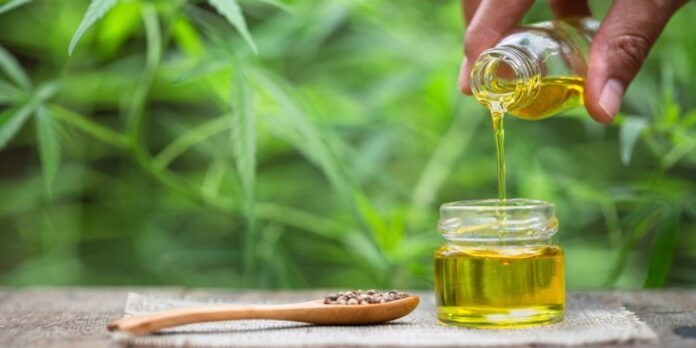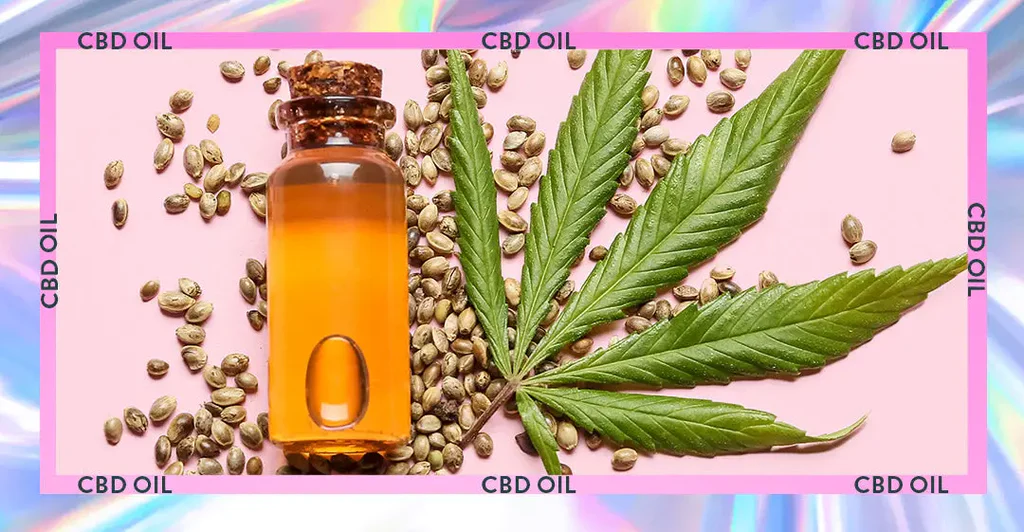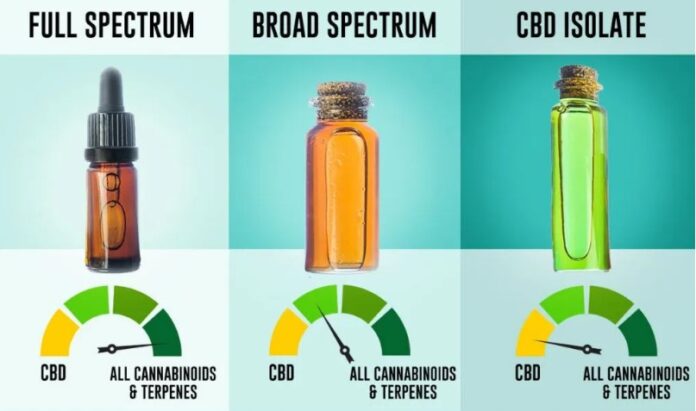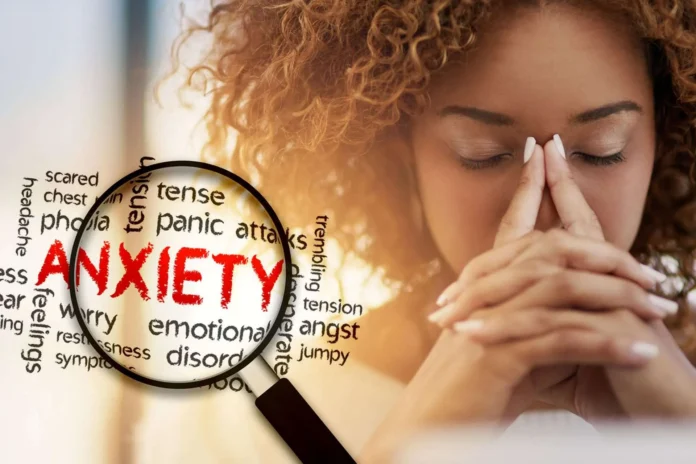Anxiety can be very hard to cope with. For those seeking relief, CBD has emerged as a popular option. But let’s set the record straight: CBD isn’t a miracle cure. However, it might offer some relief. Let’s explore why this is and how CBD can play a role in managing anxiety.
The Science Behind CBD and Anxiety

Our bodies have an endocannabinoid system (ECS) that helps regulate various functions, including mood, sleep, and stress responses. This system consists of receptors, enzymes, and endocannabinoids that work together to maintain homeostasis. CBD interacts with this system, particularly the CB1 and CB2 receptors, which are thought to influence anxiety levels.
By modulating these receptors, CBD can potentially alter serotonin signals, which play a key role in mood and anxiety regulation. This interaction may help explain why some people find relief from anxiety symptoms with CBD.
For more insights into various health and wellness topics, visit yrskmarketing.com.
What Research Says
While research is still in its early stages, some studies suggest that CBD may help reduce anxiety. For example, a study published in the Journal of Psychopharmacology found that CBD could reduce anxiety in people with social anxiety disorder. Participants reported feeling less anxious during public speaking tasks after taking CBD, highlighting its potential as a short-term treatment. Another study in Neurotherapeutics noted that CBD might have potential as a treatment for various anxiety disorders, including generalized anxiety disorder, panic disorder, and post-traumatic stress disorder (PTSD). These findings are promising but require further research to fully understand the mechanisms and long-term effects of CBD on anxiety.
It’s Not a Miracle Cure
Despite the promising studies, it’s crucial to understand that CBD isn’t a cure-all. It doesn’t work the same way for everyone, and its effectiveness can vary depending on the type and severity of anxiety. Factors like dosage, individual body chemistry, and the quality of the CBD product can all influence its effects. Some individuals may experience significant benefits, while others may find it less effective. This variability makes it essential to manage expectations and understand that CBD may not work for everyone.
How to Use CBD Safely for Anxiety


If you’re considering CBD for anxiety, it’s essential to approach it thoughtfully. Here are some tips to keep in mind: Start Low and Go Slow. Begin with a low dose and gradually increase it until you find a level that works for you. This cautious approach helps you gauge your body’s response and minimize any potential side effects. Everyone’s reaction to CBD can differ, so it’s crucial to be patient and observant. Keeping a journal to track dosages, effects, and side effects can also help you fine-tune your regimen.
The Role of Terpenes in CBD Products
When considering CBD for anxiety, it’s worth noting the role of terpenes—aromatic compounds found in cannabis and many other plants. Terpenes not only contribute to the scent and flavor of CBD products but may also have therapeutic effects. For example, linalool, a terpene commonly found in lavender, has been studied for its calming properties. Some believe that terpenes can work synergistically with CBD in what’s known as the “entourage effect,” potentially enhancing its anxiety-relieving effects. This concept suggests that a combination of cannabinoids and terpenes may be more effective than isolated compounds.
Consult a Healthcare Professional
Before starting CBD, consult with a healthcare professional, especially if you’re taking other medications. CBD can interact with certain drugs, potentially causing adverse effects. A healthcare professional can provide guidance on safe usage and help you understand potential interactions with your current medications. They can also advise on the appropriate dosage and form of CBD for your specific needs.
Quality Matters
Not all CBD products are created equal. Look for products that have been third-party tested for quality and purity. This ensures you’re getting a product free of contaminants and accurately labeled. Third-party testing also confirms the potency of the product, so you know exactly how much CBD you’re consuming. Choosing a reputable brand with transparent practices can help you avoid low-quality or mislabeled products. Quality control is crucial, as impurities in CBD products can pose health risks.
Full-Spectrum vs. Isolate: What’s the Difference?


When choosing a CBD product, you’ll often encounter terms like “full-spectrum,” “broad-spectrum,” and “CBD isolate.” Full-spectrum CBD contains all the cannabinoids, terpenes, and other compounds found in the cannabis plant, including trace amounts of THC (though not enough to cause psychoactive effects). Broad-spectrum CBD includes most of these compounds but without THC. CBD isolate, on the other hand, is pure CBD with no other cannabinoids or terpenes. The type of product you choose can influence your experience. Full-spectrum and broad-spectrum products are thought to offer the benefits of the entourage effect, while isolates provide CBD’s effects alone.
Potential Side Effects and Risks
While CBD is generally considered safe, it can cause side effects in some people. Common side effects include dry mouth, drowsiness, and changes in appetite. These side effects are typically mild and temporary but can be bothersome for some individuals. More severe reactions are rare but possible, especially if CBD interacts with other medications. It’s also important to note that CBD can affect individuals differently, so what works for one person may not work for another
Alternative Approaches to Managing Anxiety
CBD can be part of a broader strategy for managing anxiety, but it’s not the only option. Cognitive-behavioral therapy (CBT), mindfulness practices, and regular exercise are all effective ways to reduce anxiety. These methods can help address the underlying causes of anxiety and provide long-term relief. Combining these approaches with CBD might offer more comprehensive relief. Additionally, lifestyle changes like improving sleep habits, reducing caffeine intake, and practicing relaxation techniques can further support anxiety management.
Concluding Thoughts
CBD isn’t a miracle cure for anxiety, but it might offer some relief for those struggling with this condition. It’s essential to approach it with realistic expectations and consider it as part of a broader treatment plan. Always consult with a healthcare professional before starting any new treatment, and remember that managing anxiety often requires a multi-faceted approach.







